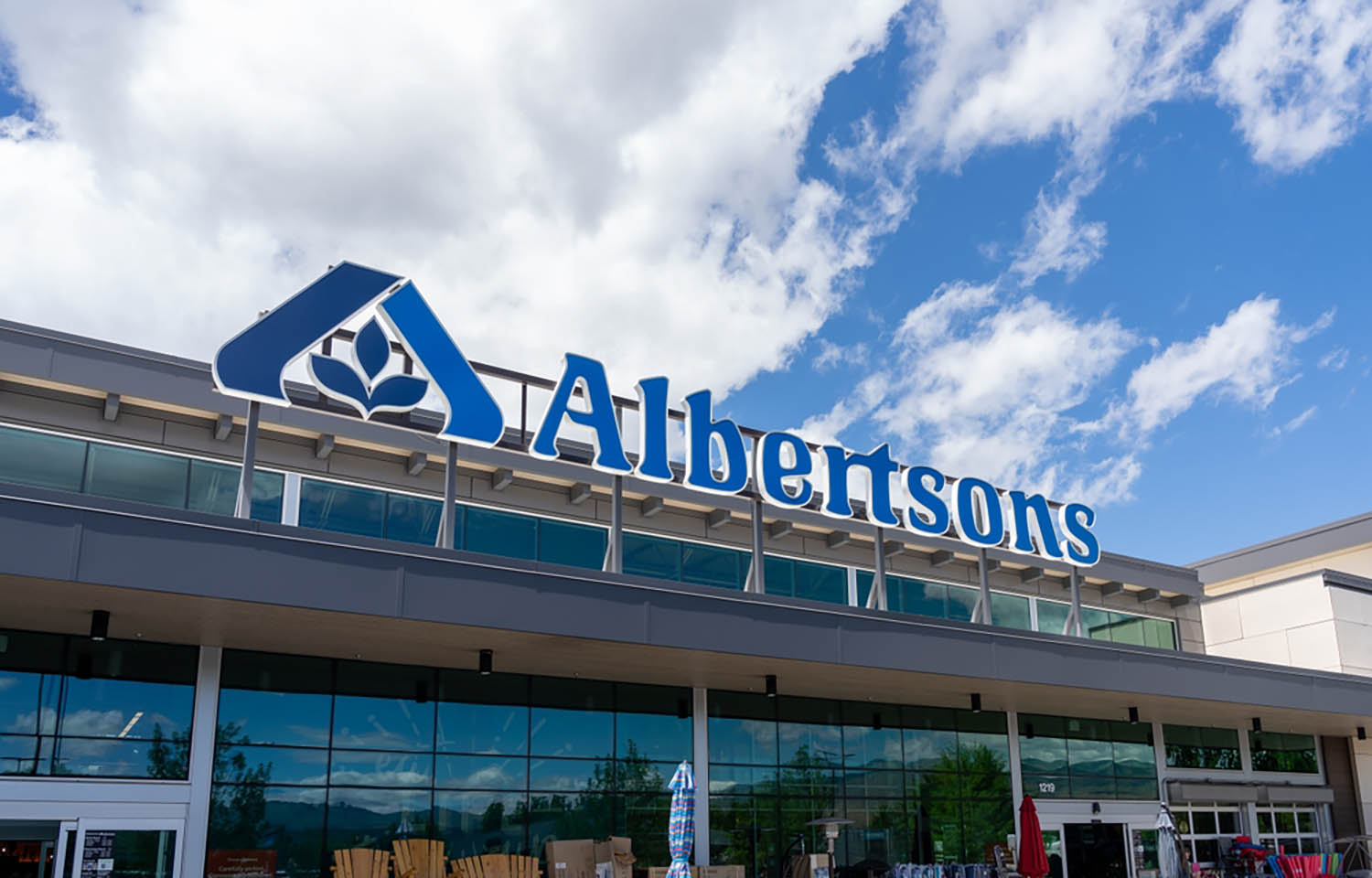At a hearing on 25 July, a judge in the U.S. state of Colorado issued an order that temporarily halts the proposed USD 25 billion (EUR 23 billion) merger between grocery chains Kroger and Albertsons.
Colorado Attorney General Phil Weiser sued to block the proposed merger in mid-February, claiming the merger of the two retail giants would eliminate competition and impact prices, especially in Colorado.
Hearing the case on 25 July in Denver, Colorado, Judge Andrew J. Luxen issued a preliminary injunction blocking the deal and canceled a hearing set for next month, per Bloomberg. The trial on Weiser’s suit is set to begin 30 September.
“This is great news for shoppers, workers, farmers, and other suppliers, who can rest assured that this mega merger will not go into effect during harvest season and while kids are headed back to school,” Weiser said in a statement.
When the trial begins, Weiser said his office “looks forward to making the case that this merger will eliminate competition and impact food prices, jobs, and consumer choice.”
Several organizations and seafood industry consultants said they are also concerned about the proposed merger. Rich Wolverton, owner of retail and foodservice consultancy firm Grow Foodservice, based in Santa Rosa, California, U.S.A., said the deal will likely result in higher grocery prices and fewer opportunities for seafood suppliers.
“I look at Kroger-Albertsons as a very difficult merger for the seafood industry and consumers,” said Wolverton, who was an executive at Food Services when US Foods acquired the company in a merger in 2019. “From the seafood point of view, this means less customer consolidated power and potentially makes it much harder to get in as a new supplier.”
Additionally, Wolverton said large national grocery chains concentrated in one area makes it more challenging for smaller grocery companies to compete.
Despite the concerns and lawsuits, Kroger and Albertsons executives said the merger will benefit seafood suppliers and other food producers.
“Through the proposed merger, we will create an expanded network and a more efficient supply chain that will allow all our suppliers and farmers – including seafood suppliers and producers – to grow their businesses as we work together to provide fresh, affordable food to our communities,” a Kroger spokesperson told SeafoodSource.
U.S. shoppers would also benefit from lower overall prices as a result of the merger, according to Kroger. As the chain has done in past mergers, “we will hold ourselves accountable to our customer commitments, including investing USD 500 million [EUR 460 million] to lower prices starting on day one post-close,” the spokesperson said.








